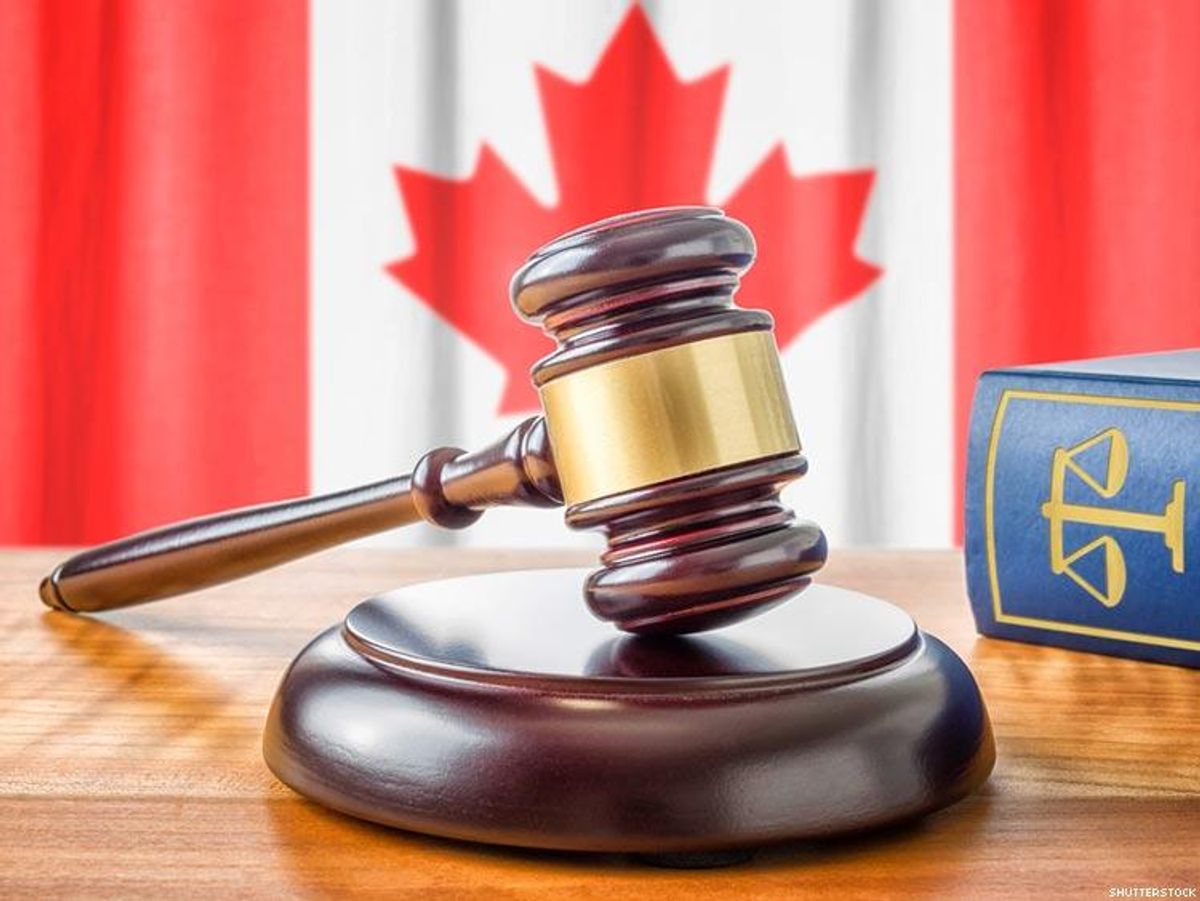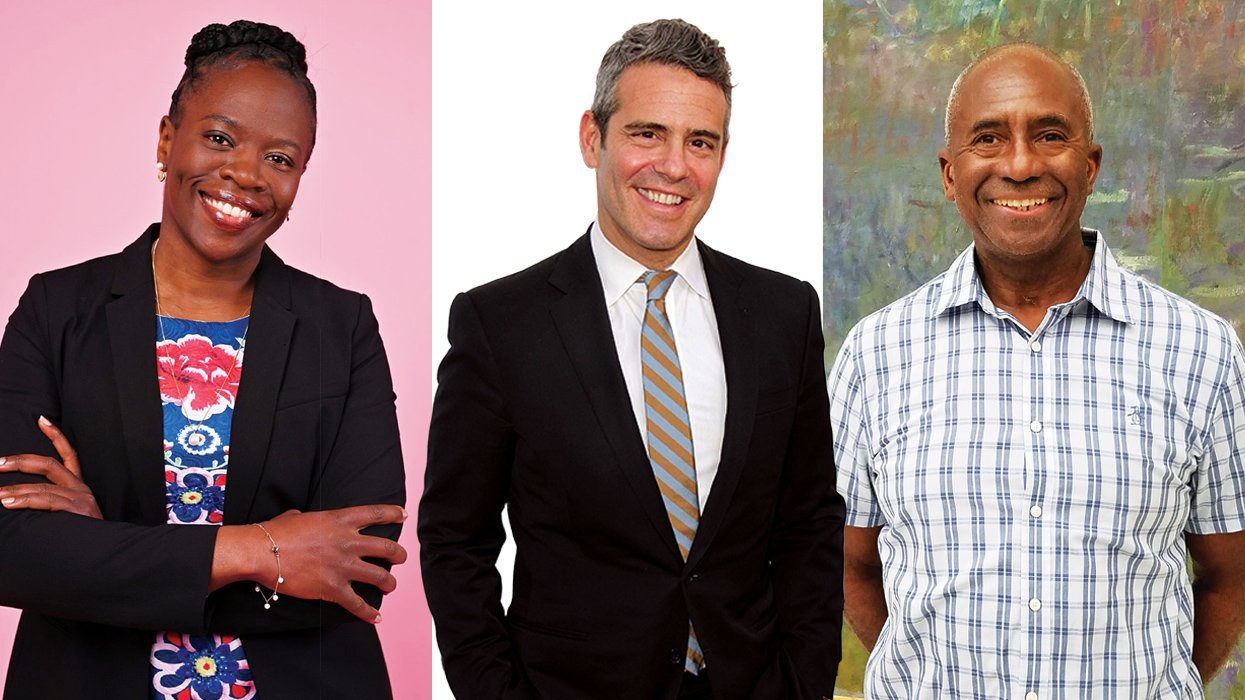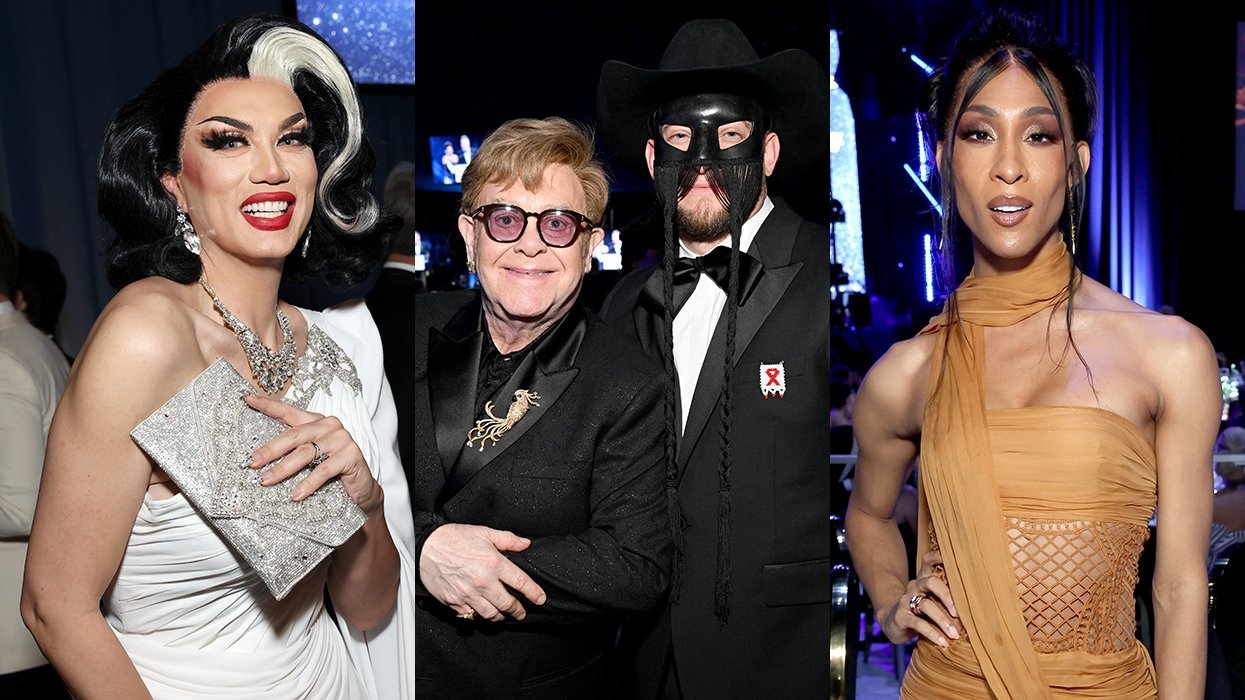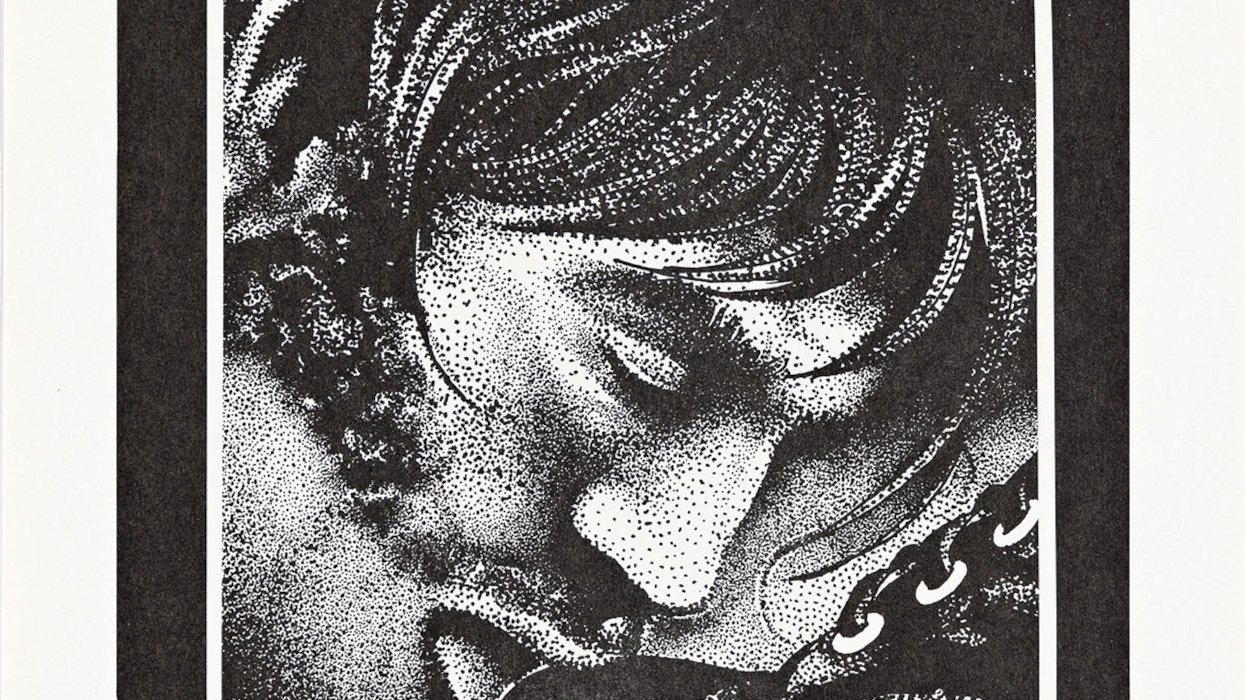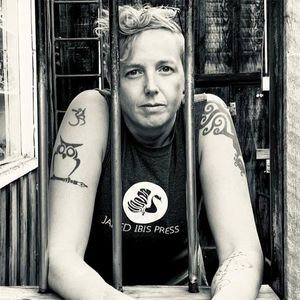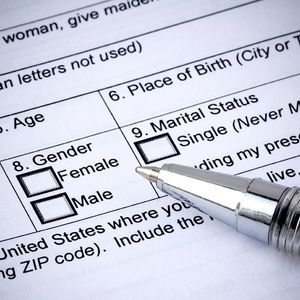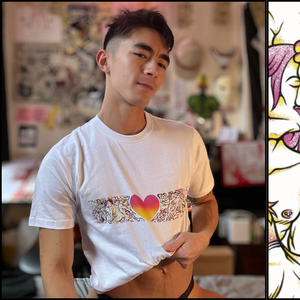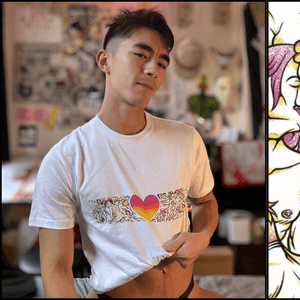HIV criminalization laws have put thousands of innocent people in prison simply because they’re HIV-positive, and according to The Star, activists say Ontario is among the highest in unjust prosecutions.
Like in the United States, HIV-positive people are always at risk of being accused of aggravated sexual assault charges for failing to disclose their status. The issue is now on the agenda of federal Justice Minister Jody Wilson-Raybould, who is looking to introduce changes this year.
Just this week, the California assembly voted on a bill that would reduce HIV crime punishment from a felony to a misdemeanor — a small step, but a strong one nonetheless.
“There are some serious injustices taking place right now,” Ryan Peck, executive director of the HIV & AIDS Legal Clinic Ontario, said to The Sun. “People living with HIV are being criminalized for engaging in behaviors that should not be criminal, and to make it worse, people living with HIV are being charged, prosecuted and convicted of aggravated sexual assault.”
These laws were put in place during a time when the large population thought AIDS meant death. It was because of these stigmas that HIV criminalization laws were able to be put in the books and prosecuted to its fullest extent throughout the 1990s, and even still today. However, medications have given HIV-positive people a new life.
Now, those who are on meds are likely to be undetectable, which makes it impossible to transmit the virus. Despite that fact, most states in America can still imprison an HIV-positive person as if they’re risking someone’s life to have sex with them. In many situations, people don’t even need to have sexual contact to be prosecuted — just to insinuate sex is enough to be treated as a threat.
According to a report published this year by the Canadian HIV/AIDS Legal Network, at least 184 people in 200 cases were charged in relation to HIV non-disclosure since 1989.
Because undetectable means untransmittable, Canadian activists argue that requiring someone to disclose their status every single time they have sex is too harsh. After all, being undetectable is just as responsible as putting on a condom, and people are often afraid of rejection and possible shame of disclosure. Toronto criminal defense lawyer Cynthia Fromstein agrees.
“In the best of all worlds, that would be the right thing do,” Fromstein said to The Sun. “However, people have faced bad reactions, people have faced violent reactions, to disclosing their HIV status. People are also just people, they face rejection, which is hard, and particularly if you know that you in fact don’t pose a risk to someone, then I think people don’t want to put themselves in that position.”
Lead researcher of a Canadian study called “Callous, Cold and Duplicitous,” Eric Mykhalovskiy, explains to Plus that much of today’s stigma also lies in the media, which disproportionally shows Black immigrant men with HIV across various news outlets, despite that Black men only account for 15 percent of non-disclosure cases.
“There is a seriously prejudicial coverage of cases in Black men that create a kind of a popular racial profiling of HIV non-disclosure as a crime of black immigrant men,” Mykhalovskiy says. “You’d have no sense that most people with HIV take great care of their partners from transmission. You’d have no sense that HIV is extremely difficult to transmit, according to the current research. You’d have no sense that 40 percent of the conviction cases involved no evidence of transmission. You’d have no sense that it is anything other than a crime.”
Cases like Michael Johnson and Nushawn Williams are examples of how the media creates a monstrous image of Black HIV-positive men, “luring young white [people] to have sex,” as Mykhalovskiy describes.
“We know most people don’t have intimate contact with this issue, so they rely on the media for their understanding,” Mykhalovskiy explains. “What is concerning is how narrow these stories are in representing [non-disclosure] cases. The men involved are completely silenced, and you have all this coverage about people talking about them in negative ways. They’re objectified and treated as objects. That way of representing things is a classic way of how racism is perpetuated in the media.”
